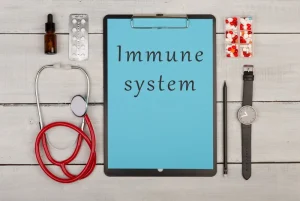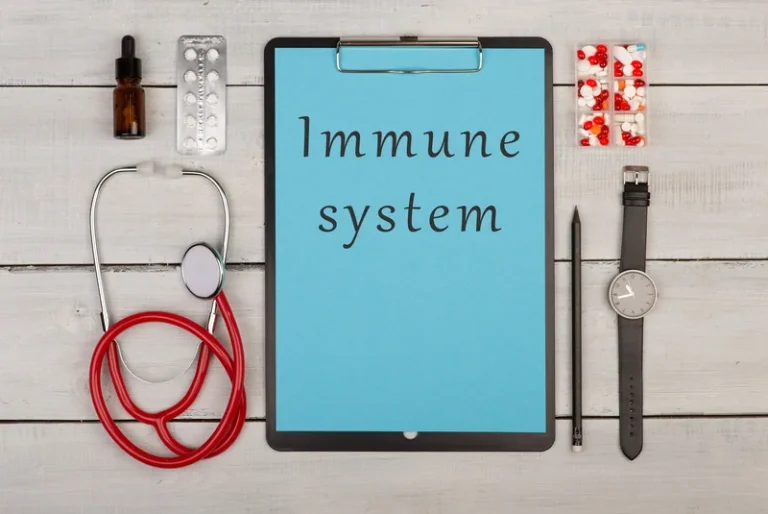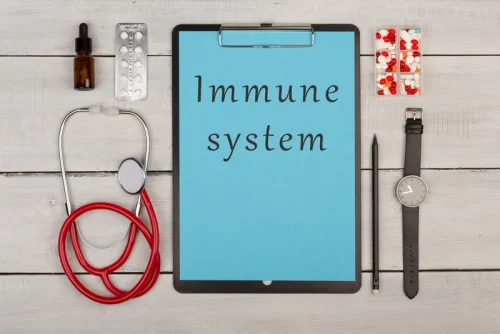
It was a while until I touched alcohol again after this, and when I did the cycle repeated itself, leading me to trim down the amount of times I drank over the next few years. By New Year’s day 2024, I was ready to try an entirely dry spell – here are five things I noticed when I stopped drinking. But I would only ever drink socially so when the first Covid lockdown hit in 2020 my relationship with alcohol went out the window. It was at this point I started to noticed how much better I felt without it. For this reason, I tended to lean on alcohol as a way of making myself seem more appealing during certain social settings.

Drinking Triggers
While I didn’t miss drinking, I did miss pubs, music and having a bit of a dance, so I tried these activities sans-alcohol. At first I felt a little out of place, and my moves were far less flamboyant than before, but after a while I settled into things and enjoyed myself. If you stop drinking completely, one of the first things you notice should be improved energy levels, better sleep and finding it easier to wake up in the morning. Here are some of the improvements you could see from cutting out alcohol, in the short- and long-term. There are many benefits to your health if you cut out alcohol completely. If you’re simply looking to speak to someone on the phone or chat online for more advice on your own or someone else’s drinking, get in touch with Drinkchat or Drinkline.

Alcohol support services
It can be helpful to write down your reasons for quitting and the difficulty of withdrawal while it is fresh in your mind. Carbamazepine works by slowing down electrical signals in the brain that can cause symptoms. It may also reduce the activity of glutamate, an amino acid that has been shown to play a role in withdrawal.
Make a plan.
- Comparing the emotions that come up when you have a drink with the feelings you experience when abstaining also helps you recognize when drinking doesn’t fix the problems you’re trying to manage.
- You should start by determining how much alcohol you drink per day in terms of standard drinks.
- I’m a writer, competitive chess player, Army veteran, physicist, and former professional heavyweight boxer.
- In particular, she’s committed to helping decrease stigma around mental health issues.
The third way to prepare for quitting is to build your support system. Letting your loved ones and friends know about your decision can empower them to make supportive choices, like refraining from drinking tips to quit drinking around you or offering you alcohol. Your close friends and family can also check in with you regularly, lend a listening ear when you have cravings, and join you in sober activities more often. If you think you might have an alcohol use disorder, there are evidence-based treatment options that can help you to quit drinking. Learning about your options can help you decide what might work best for you.
Know When to Stop Drinking Alcohol

While some of these changes can be uncomfortable for some time, they will eventually begin to improve the longer you abstain from alcohol use. And stopping drinking could make feelings of stress easier to deal with. As mentioned above, symptoms of withdrawal may be severe enough that you’ll need professional care. In this case, it can be dangerous to quit on your own, and you might need to check into rehab, or at bare minimum medical detox. If you’re unsure if you’re at risk for severe withdrawal, talk to your doctor. It’s also a good idea to check with a doctor to assess any strain or damage that drinking has done to your body, and take steps to restore your overall health.

Physical symptoms
- My biggest motivation for cutting out alcohol was the impact this had on my mood.
- This means that if you suddenly stop drinking, you may experience symptoms of alcohol withdrawal.
- A person can improve their success rate by designing a plan to stop drinking and using the resources that work for them.
- NIAAA’s website is full of practical research and science-based methods to help you stop drinking.
In addition to feeling less anxious and having better digestion, you may notice bigger changes a few months into sobriety. For instance, your doctor might find that your heart and liver are in better shape, or your skin may have a certain new glow. In your mind, sobriety means giving up a large part of this social life and all of the people you drink with. You may not think about this constantly, but it’s in the back of every drinker’s mind.

Before you quit drinking, it is essential to discuss your plans with a healthcare practitioner. If your alcohol consumption has been heavy or chronic, you may be dependent on alcohol. This means that if you suddenly stop drinking, you may experience symptoms of alcohol withdrawal.
In a fight with such wafer-thin margins, we need reporters on the ground talking to the people Trump and Harris are courting. Your support allows us to keep sending journalists to the story.The Independent is trusted by 27 million Americans from across the entire political spectrum every month. Unlike many other quality news outlets, we choose not to lock you out of our reporting and analysis with paywalls.
Severe Symptoms
This post will show you how to take a break from booze so you can get your physical, emotional, and mental health in order. At the end of the day, one of the most important tools you have at your disposal is self-compassion. Instead of criticizing yourself for having a hard time or slipping up and having a drink, remember that no one’s perfect. What matters most is your ability to maintain an open, curious outlook as you learn what does and doesn’t work for you. Maybe you’ve never been interested in logging your innermost thoughts, but journaling can be a great tool to https://ecosoberhouse.com/ track your feelings as you work on quitting alcohol.
- Telehealth-based treatment generally involves medical consultation and professional counseling via video chat, online support groups, and an app-based platform to access additional resources.
- While admitting that you have a problem is the first step in many recovery programs, part of that process is realizing that you’re afraid.
- The reality is there is no right or wrong way to give up alcohol.
- Many individuals with alcohol use disorder also struggle with conditions such as depression, anxiety, bipolar disorder, or post-traumatic stress disorder (PTSD).
- You might run into obstacles along the way that tempt you to drink.
Symptoms of Alcohol Withdrawal: Timeline and Signs of Danger
You might turn to friends, family, and loved ones for this type of support, but this can be challenging if your past alcohol use has alienated people in your life. It can also be difficult if the people in your immediate social circle continue to drink or if they don’t support your plans to quit. Whether you’re struggling or just want some extra guidance, consider reaching out for support from professionals who are trained in addiction treatment. By avoiding alcohol, you’re taking a big step toward improving physical health. As you begin to notice those health benefits, you’ll likely feel more energized and inspired to keep up your progress.
